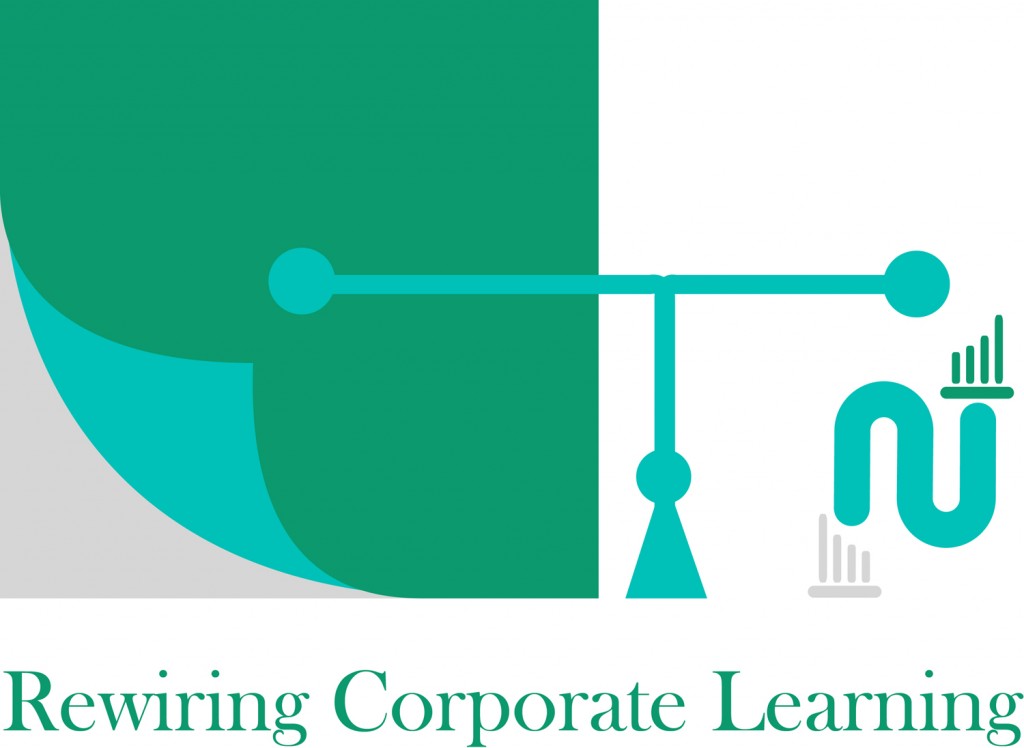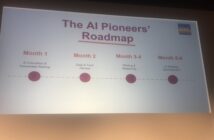Developing a great team isn’t easy but it will help you achieve success, says Nigel Paine in the latest article in our series on Rewiring Corporate Learning.
It is obvious that if you build a great team around you, you will have more success than if you build a poor team, however, life if not that simple. Often we have little control over the people that are around us. They may predate our arrival or have arrived on our doorstep as part of a restructure or reorganisation. You will not rewire corporate learning if you let this serve as an excuse for less than optimum performance.
I remembering visiting a Toyota car plant in California which had been the worst performing GM plant in the US. GM had been desperate to give it away at any price, to anyone who wanted it. So Toyota acquired it and within two years, Toyota had turned this plant into one of the best in the US with world class productivity levels.
So famous was it, that newly retired staff ran fleets of electric buggies that took visitor on a tour of the huge plant. The buggies criss-crossed the factory and the drivers high-fived their friends on the line as they went round. If the whole, friendly, open house, transparency mode was a charade, it would have been a work of genius to sustain that.
And Toyota achieved this without firing a single worker. It was exactly the same crew -for the most part- that had worked so disastrously for GM. How did they do it? I asked the general manger in the shared canteen over a cup of tea. “Simple,” he said, “we taught everybody how to make cars!” I bet there were no emails back to Japan lamenting the poor quality of the staff and their lack of motivation or skills, or excuses for poor performance based on the hopeless workforce.
The same applies to a learning team but your job is infinitely easier as you have people on board who want to learn, know how to learn and should embrace learning enthusiastically. Yet one of the first cuts in a learning budget is the development of the learning staff themselves. This is a big mistake. If you direct your team to engage with the kind of learning models that you need to introduce you are a long way down the track. But there is more:
- Show as well as tell. Bring in guest speakers; organise visits to other companies. Set what you want to do in context.
- Do not just rely on a full time permanent team; engage freelance staff; bring in short term workers from inside and outside the organisation. Be disruptive, be daring and get the people you want by hook or by crook.
- Be forthright about what you expect. Toyota said: “Every car will be perfect.” No excuses or ifs and buts.
- Praise those who are on that journey, coach those that need more help to get there.
- Make every team member whether internal or external, permanent or temporary, full or part-time an equal and valid participant.
- Encourage challenge and diversity.
- Help the team to see how they are viewed from the outside. Do not hide the truth however harsh.
- And if there is praise, make sure it is shared out across the whole team.
Getting the right team is a philosophy rather than a process. If you take the approach that will work in your specific context you will get there. Throwing your hands in the air and bemoaning your bad luck means you won’t.
Previous articles in the series
- Rewiring corporate learning #1: understand where you need to go
- Rewiring corporate learning #2: how to decide where to begin
- Rewiring corporate learning #3: Focus on impact
- Rewiring corporate learning #4: Do data
- Rewiring corporate learning #5: Jumping into technology
- Rewiring Corporate Learning #6: See the big picture




